









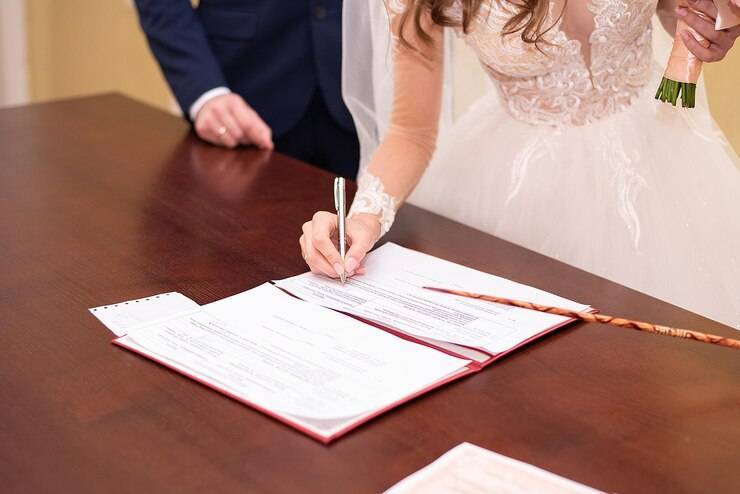
Marriage Registration Lawyer: Matrimonial Marriage Registration Cases in India is a legal process that couples must follow in order to register their marriage. This process involves submitting a marriage registration form to the local registrar of marriages, which must be signed by both parties and two witnesses. The form must also include evidence that both parties meet the legal requirements for marriage in India, such as age, religion, and caste. Once the form is submitted and accepted, the marriage is officially registered, and couples receive a marriage certificate.
Marriage registration in India is a legal process that requires couples to register their marriage with the local government. This registration process is mandatory for all marriages in India, and it serves as proof of the couple’s marriage. Matrimonial marriage registration cases are those where one or both spouses are unable to register their marriage due to certain reasons.
These cases require special attention from the government, and they are usually handled by a court of law. In this article, we will discuss what these cases entail and how they can be addressed in India.
Marriage registration in India is a legal process that requires couples to register their marriage with the local government. This registration process is mandatory for all marriages in India, and it serves as proof of the couple’s marriage. Matrimonial marriage registration cases are those where one or both spouses are unable to register their marriage due to certain reasons. These cases require special attention from the government, and they are usually handled by a court of law. In this article, we will discuss what these cases entail and how they can be addressed in India.
Matrimonial marriage registration cases are those where one or both spouses are unable to register their marriage due to certain reasons. These cases require special attention from the government, and they are usually handled by a court of law. In this article, we will discuss what these cases entail and how they can be addressed in India. Marriage registration in India is a legal process that requires couples to register their marriage with the local government. This registration process is mandatory for all marriages in India, and it serves as proof of the couple’s marriage.
The following are examples of these cases:
1. Single men or women who are married without the consent of their spouse
2. Married couples who were forced to marry due to family pressure
3. A marriage that never took place
4. Divorces and annulments that are not recognized by the church or state Although divorce and annulment are not considered legal grounds for divorce, these cases can also result in a marital dispute.
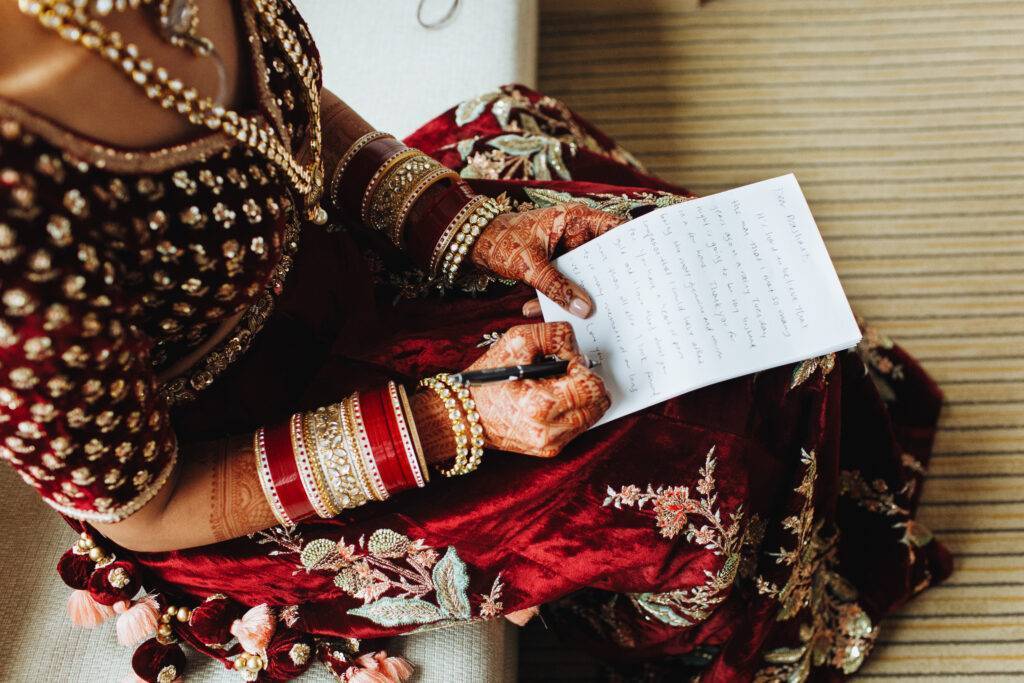
The procedure for matrimonial marriage registration in India can vary depending on the specific state or union territory in which the marriage is being registered. However, generally, the procedure can be outlined as follows:
1. Filing of the Notice of Intended Marriage: The first step in the process is to file a Notice of Intended Marriage with the Registrar of Marriages in the area where at least one of the parties has resided for a minimum of 30 days prior to the notice. This notice is required to be signed by both parties and is generally made available at the office of the Verification of the notice: After the notice is filed, the registrar will verify the documents and the notice and call both parties for a personal hearing.
2. Issue of Marriage Certificate: After the completion of the personal hearing and the verification process, the Registrar will issue the Marriage Certificate, which is generally valid for 60 days from the date of issue.
3. Solemnization of the Marriage: The marriage should be solemnized within 60 days of the issue of the Marriage Certificate.
4. Registration of the Marriage: After the solemnization of the marriage, both parties should register the marriage with the Registrar, who will issue the Marriage Registration Certificate.
It’s important to note that the above is a general outline of the procedure, and the actual steps and required documents may vary depending on the specific state or union territory in which the marriage is being registered. It’s advisable to check with the local Registrar of Marriages for the specific requirements and procedures.

1. Hindu Marriage Registration: This type of marriage registration is applicable to Hindus, Buddhists, Jains, and Sikhs. It is done under the Hindu Marriage Act, 1955. The documents required for registration are an affidavit, affidavits of the bride and groom’s parents, birth certificates, identity proof, address proof, photographs, a marriage invitation card, a school leaving certificate, and any other documents that the registering authority may require.
2. Muslim Marriage Registration: This type of registration is applicable to Muslims and is done under the Muslim Personal Law (Shariat) Application Act, 1937. The documents required for registration include an affidavit, affidavits of the bride and groom’s parents, birth certificates, identity proof, address proof, photographs, a marriage invitation card, and any other documents that the registering authority may require.
3. Christian Marriage Registration: This type of registration is applicable to Christians and is done under the Indian Christian Marriage Act,1872. The documents required for registration include an affidavit, affidavits of the bride and groom’s parents, birth certificates, identity proof, address proof, photographs, a marriage invitation card, and any other documents that the registering authority may require.
4. Parsi Marriage Registration: This type of registration is applicable to Parsis and is done under the Parsi Marriage and Divorce Act, 1936. The documents required for registration include an affidavit, affidavits of the bride and groom’s parents, birth certificates, identity proof, address proof, photographs, a marriage invitation card, and any other documents that the registering authority may require.
5. Special Marriage Act, 1954: This type of marriage registration is applicable to all citizens of India, regardless of their religion. It is done under the Special Marriage Act, 1954. The documents required for registration are an affidavit, affidavits of the bride and groom’s parents, birth certificates, identity proof, address proof, photographs, a marriage invitation card, and any other documents that the registering authority may require.

In India, marriage registration is a legal process that provides legal protection to both parties involved in the marriage. It is important to register any marriage in order to ensure that all the rights and responsibilities of the parties are legally protected. In the event of any dispute or violation of rights, there are various legal remedies available under the law that provide relief and justice to both parties. This article will discuss these legal remedies available under law in matrimonial marriage registration cases in India.
Matrimonial marriage registration cases in India Matrimonial disputes are common in marriages. Common legal remedies available under law that provide relief and justice to both parties to the matrimonial dispute are:
1. Divorce: Couples can file for divorce if they are unable to continue living together. This can be done through mutual consent or one spouse can file a petition seeking dissolution of marriage.
2. Annulment: This is another form of legal separation where a marriage is declared null and void and parties are restored to the legal status they enjoyed prior to the marriage.
3. Judicial Separation: This is a legal remedy available to couples who wish to stay separated without actually getting divorced.
4. Restitution of Conjugal Rights: This is a remedy available to a wronged spouse who is not being allowed to live with the other spouse.
5. Alimony: This is a form of financial support for the dependent spouse.
6. Maintenance: This is a form of financial support from one spouse to the other spouse.
7. Custody of Children: This is a remedy available to a parent who is seeking custody of the children from the other parent.
8. Guardianship: This is a remedy available to a parent who is seeking guardianship of the children from the other parent.
9. Adoption: This is a legal process by which a child is legally adopted by another person or couple.
10. Domestic Violence: This is a remedy available to those who have suffered physical or mental abuse from their spouse.
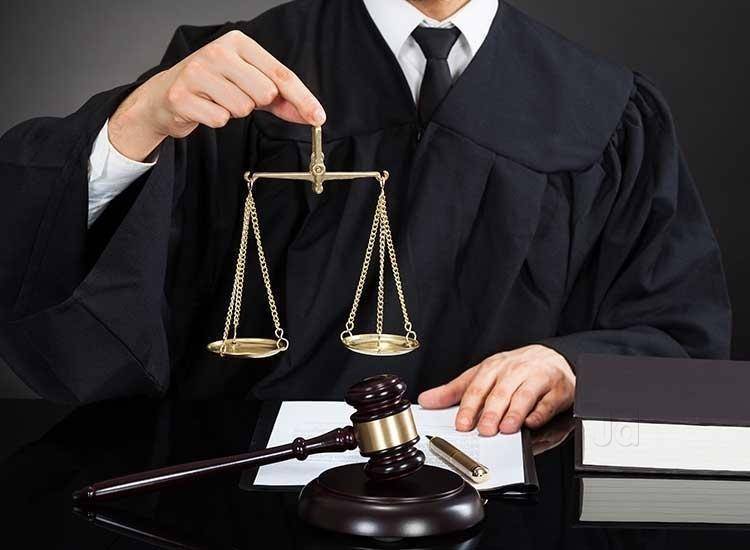
The role of a marriage registration lawyer in matrimonial marriage registration cases in India is to advise clients on their legal rights and obligations under Indian law. A marriage registration lawyer helps clients understand the legal process, draught any necessary documents, and ensures that all required information is properly submitted to the appropriate authorities. A marriage registration lawyer can provide advice on the validity of the marriage, help clients through the process of registration, and provide legal representation during any court proceedings.
A marriage registration lawyer can also help resolve disputes between the parties in the case or represent the client in any negotiations between the parties. A marriage registration lawyer can provide guidance on the implications of the registration and the registration process and help clients understand the rights and responsibilities of both parties.
Marriage registration is an important process in India, and lawyers play a significant role in it. Marriage registration lawyers are responsible for providing legal advice to couples who are getting married, helping them understand the legal implications of marriage, and ensuring that all the necessary documents are filed with the court.
A marriage registration lawyer also helps couples prepare for their marriage registration hearing by providing guidance on how to present their case before the court. Furthermore, marriage registration lawyers provide assistance in drafting the necessary paperwork needed for registering a marriage. By doing so, marriage registration lawyers ensure that all legal requirements are met and that couples can proceed with their marriage registration without any issues.
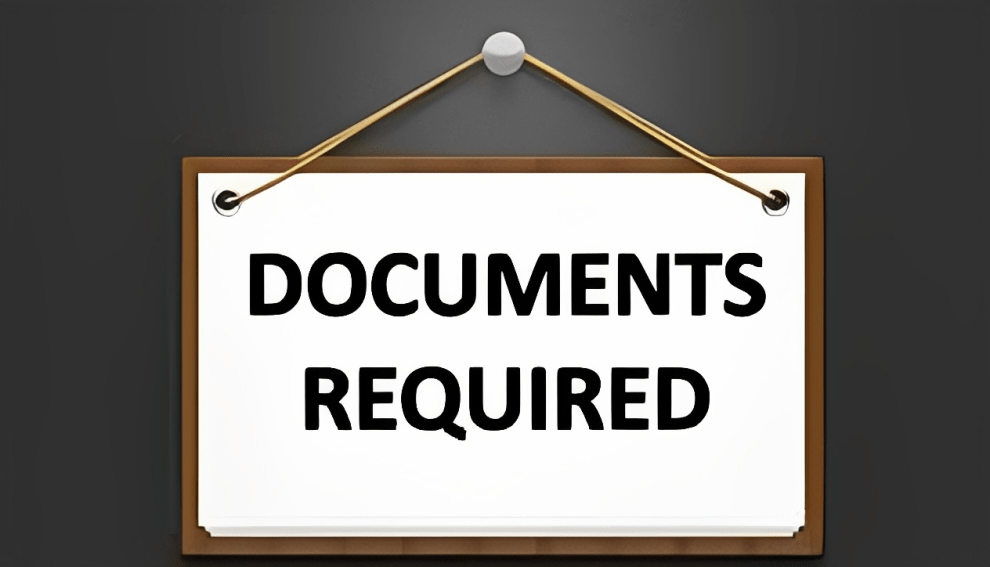
When registering a matrimonial marriage in India, there are certain documents that are typically required to be submitted to the Registrar of Marriages. These documents may vary depending on the specific state or union territory in which the marriage is being registered, but some of the common documents that may be required include:
1. Proof of age and identity: These include birth certificates, school leaving certificates, or passports for both parties.
2. Proof of residence: These include utility bills, voter ID cards, ration cards, or passports for both parties.
3. Affidavit for the marriage: These include an affidavit by both parties stating that there is no legal impediment to the marriage and that they are marrying of their own free will.
4. Marriage invitation card: A marriage invitation card, if available.
5. Passport-size photographs: passport-size photographs of both parties
6. Death certificate or divorce decree: In the case of a widow or divorcee, a death certificate of the deceased spouse or divorce decree is required.
7. Parental consent: In the case of parties under the age of 21, written consent from parents is required.
8. Special marriage certificate: In cases of marriage under the Special Marriage Act, 1954, notice of the intended marriage has to be given to the marriage officer at least 30 days before the date of marriage.
It’s important to note that these are the common documents required, and the actual list of documents may vary depending on the specific state or union territory in which the marriage is being registered. It’s advisable to check with the local Registrar of Marriages for the specific requirements and procedures.

In India, matrimonial marriage registrations are a complex process. To ensure that the registration is done correctly, it is important to seek the help of experienced lawyers and solicitors. Grover & Grover, Advocates and Solicitors, is one such firm that specialises in matrimonial marriage registration cases. They have a team of experienced lawyers who have a deep understanding of the Indian legal system and can provide invaluable advice when it comes to registering marriages in India. With their help, you can ensure that your marriage registration process is completed without any hassle or delay.
Grover & Grover, Advocates & Solicitors, can help in matrimonial marriage registration cases in India by providing legal advice and representation. They can provide assistance in filing for a marriage registration, helping to prepare the necessary documents, and representing the client in court if necessary. In addition, they can help to ensure that all applicable laws are followed and that the marriage is legally recognised by the state.
Grover & Grover, Advocates and Solicitors, is a leading law firm in India that specialises in matrimonial marriage registration cases. They provide legal advice and assistance to couples who are looking to register their marriages in India. Their team of experienced lawyers has extensive knowledge of the laws related to marriage registration and can help couples navigate the process with ease. They also offer other services such as the drafting of prenuptial agreements, divorce petitions, and related family law matters. With their expertise, they can ensure that couples get the best legal advice so that they can protect their rights and interests when registering their marriages in India.
They can provide guidance on the process of registering the marriage, the required documents, and the timeline for registering the marriage. They can also provide advice on any disputes or legal issues that may arise in the process of registering the marriage. So Contact Grover & Grover, Advocates and Solicitors, today to set up a consultation appointment.
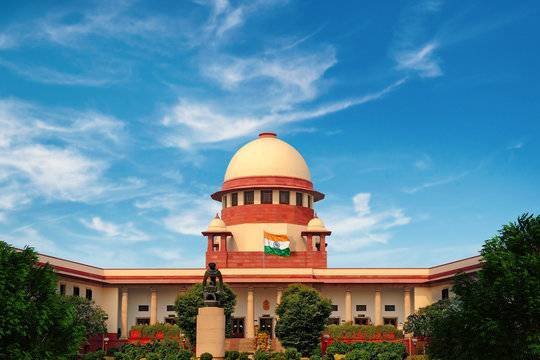
In India, the Supreme Court and High Courts have been dealing with a number of matrimonial marriage registration cases over the years. These cases range from issues related to the registration of marriages to the maintenance of records and the enforcement of rights. This article will discuss some of the most popular Supreme Court and High Court cases related to matrimonial marriage registration in India. It will also explore the implications of these rulings for couples seeking to register their marriages in India.
1. Lata Singh v. State of Uttar Pradesh: This was a landmark case in Indian law, wherein the Supreme Court held that the right to choose one’s spouse, regardless of religion, is an intrinsic part of Article 21 of the Indian Constitution. The Court also held that the right to marry is a fundamental right of privacy that cannot be violated by any authority.
2. Shafin Jahan v. Ashokan K.M.: This case was heard by the Supreme Court of India, wherein the Court held that interfaith marriages are to be celebrated and encouraged and that it is the right of an individual to choose their own partner.
3. D. Velusamy v. D. Patchaiammal: This case was heard by the Supreme Court of India, wherein the Court held that any person who has attained the age of majority is free to marry any person of his or her choice, regardless of religion.
4. Naveen Kohli v. Neelu Kohli: This case was heard by the Supreme Court of India, wherein the Court held that even in cases where the marriage was never registered, the Court can still grant a decree of divorce.
5. Sushil Kumar Sharma v. Union of India: This case was heard by the Supreme Court of India, wherein the Court held that the registration of marriages under the Hindu Marriage Act, 1955, is not compulsory and is only directory in nature.